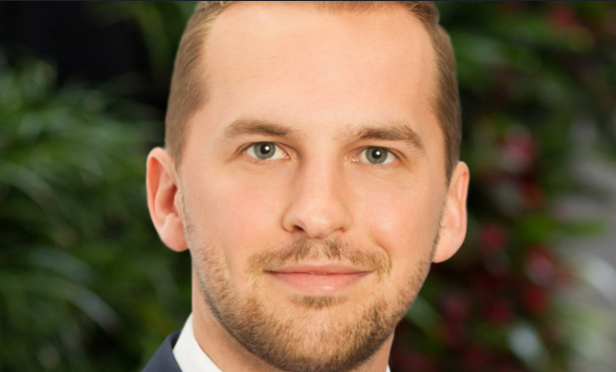 Car wash properties are a rapidly growing investment niche in Southern California. While investors are finding a lot of benefits in car wash properties, but financing can be difficult to secure for those that don't understand the asset. Ben Townsend and Matt Marlin from the SRS debt and equity team, however, have become experts in navigating the investment and finance market of this growing commercial real estate niche
Car wash properties are a rapidly growing investment niche in Southern California. While investors are finding a lot of benefits in car wash properties, but financing can be difficult to secure for those that don't understand the asset. Ben Townsend and Matt Marlin from the SRS debt and equity team, however, have become experts in navigating the investment and finance market of this growing commercial real estate niche
“We started to see an increase in car wash development a couple of years ago and at the same time, saw investors running into issues with their financing,” Townsend, tells GlobeSt.com. “Lenders offered unfavorable loan terms, re-traded borrowers at the closing table, or refused to provide financing all together. We realized that these were not bad investments; lenders just did not fully understand the new business model. Car washes built today are well-oiled machines that are essentially e-commerce resistant. Lenders had been used to the mom-and-pop car washes that frequently went out of business or had environmental issues. These new car washes preform extremely well and are strategically located in high traffic count locations.”
 By educating lenders on the evolution of the car wash model and the benefits, especially when stacked up against ecommerce, Townsend and Marlin have a built a roster of capital sources for car wash deals. “We have now identified a number of lenders and capital sources that are comfortable with the product type and understand the fundamentals,” Townsend adds. “Our capital sources have the capacity to work with investors, developers, and funds and are interested in both construction and acquisition financing.”
By educating lenders on the evolution of the car wash model and the benefits, especially when stacked up against ecommerce, Townsend and Marlin have a built a roster of capital sources for car wash deals. “We have now identified a number of lenders and capital sources that are comfortable with the product type and understand the fundamentals,” Townsend adds. “Our capital sources have the capacity to work with investors, developers, and funds and are interested in both construction and acquisition financing.”
Still securing funding can still be a challenge, one Marlin says often comes down to challenges during the underwriting process. “It comes down to underwriting and understanding each lender's appetite for these assets,” he says. “The environmental component needs to be addressed upfront due to the cleaning agents, gas filling stations, etc. Many lenders will shy away from these properties based on the environmental component alone. They truly need to understand the business plan and proforma in order to approve and fund these deals. Ultimately, making sure that the deal is fully vetted up front is the most important step. The last thing an investor wants is to go through escrow only to be left at the alter by a lender who's credit committee denied the deal. We make sure that doesn't happen.”
Additionally, car washes are considered a special-purpose property because of their limited use, and this creates an additional challenge securing funding. “A special purpose property is a property that has a one-type use or a limited use. In a worst-case scenario situation, if the tenant leaves, you can usually only replace a car wash with another car wash,” says Townsend. “This makes it a risker investment in the lender's eyes.”
Despite the challenges finding funding, investors continue to see the benefits of investing in car wash product, and there continues to be demand for capital. “Investors are interested in car washes because they typically involve long-term leases, have very strong cash flow, and are e-commerce resistant. As of late, we have seen more and more institutional money pouring into the space,” adds Marlin. “Operators are partnering with private equity firms to make upgrades to older facilities, develop state-of-the-art concepts, improve efficiency/ease of use, and offer monthly subscription-based options. This is all usually structured in a NNN lease, which requires no landlord responsibility and allows for a purely passive investment.”
© Touchpoint Markets, All Rights Reserved. Request academic re-use from www.copyright.com. All other uses, submit a request to [email protected]. For more inforrmation visit Asset & Logo Licensing.






